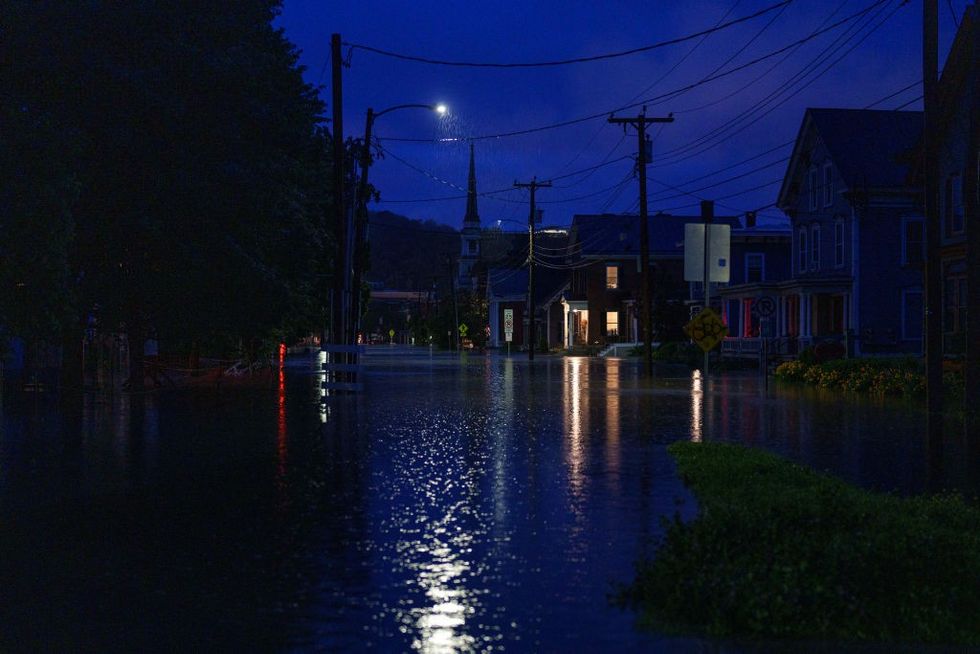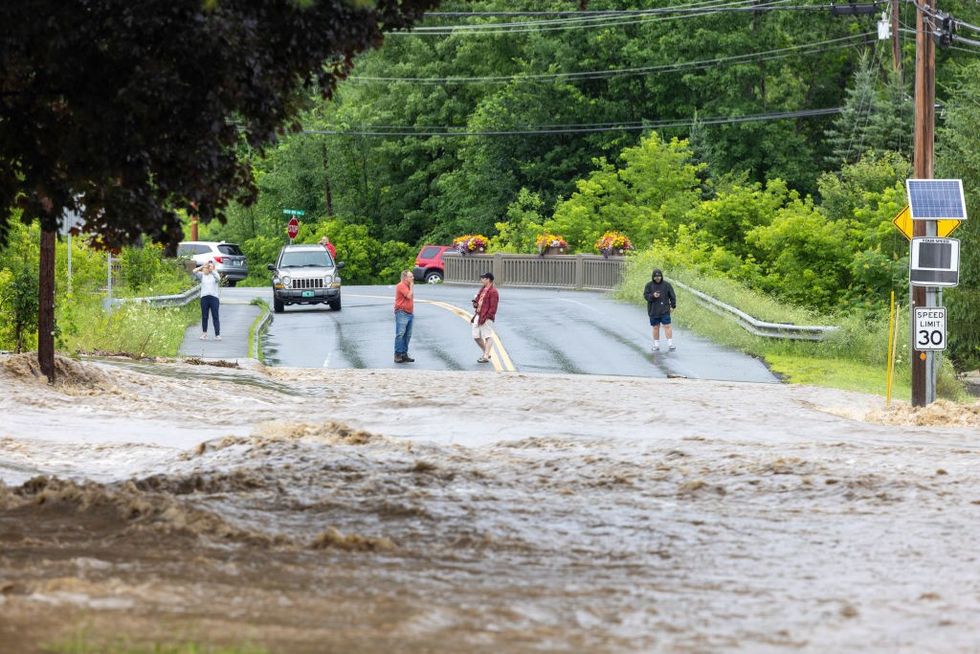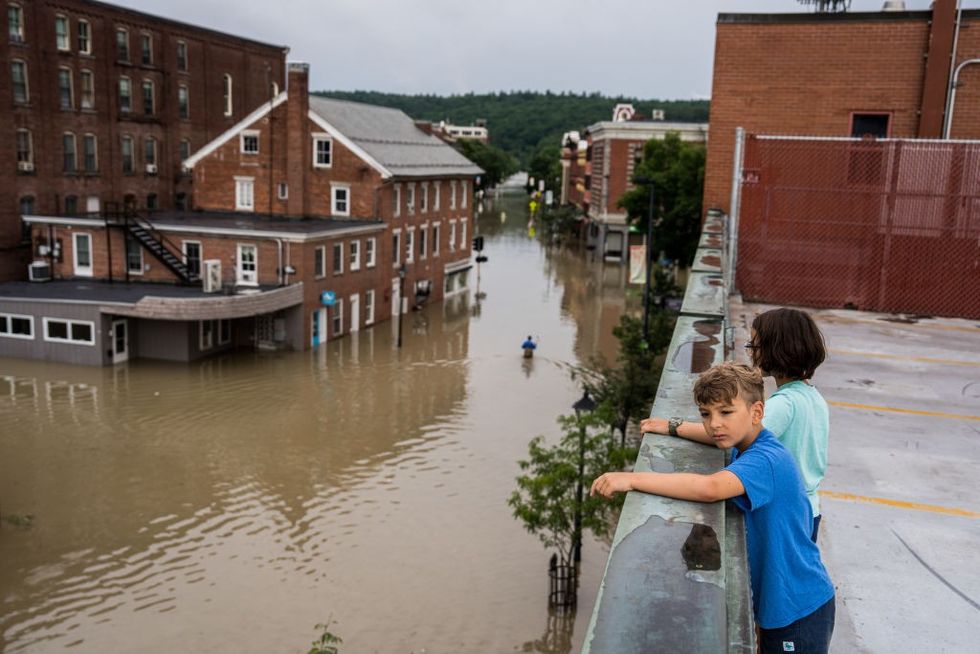April, 08 2011, 10:38am EDT

Three New Scientific Studies Confirm Lead Poisoning of Wildlife Due to Hunting Ammunition
Condors, Eagles, Vultures Exposed to Toxic Lead from Hunting
WASHINGTON
Three new scientific studies by University of California researchers confirm that lead poisoning of endangered California condors and other wildlife is due to scavenging animals ingesting fragments of spent lead hunting ammunition. One study also demonstrated that the 2008 California ban on lead ammunition in condor habitat has been effective in removing lead from the environment, as evidenced by a significant reduction in lead exposure in golden eagles and turkey vultures soon after the new regulation took effect.
"This research adds to the mountain of scientific evidence about the dangers of lead in the wild and provides important confirmation that banning lead in hunting ammunition can have positive, tangible effects for wildlife," said Jeff Miller, conservation advocate with the Center for Biological Diversity, which has been pushing for a national ban on lead hunting ammunition and lead fishing tackle. "The dangers of lead in the wild are more apparent than ever and, given that there are already safe and available nontoxic alternatives for hunters and anglers, there's no reason to perpetuate the continued lead poisoning of wildlife."
Researchers from U.C. Santa Cruz confirmed that lead ammunition is the principal source of lead exposure for poisoned California condors. The researchers analyzed lead isotopes in blood samples from pre-release and free-flying condors in California and compared them with a representative selection of 71 different lead-based ammunition samples, most collected in the field. The lead isotopic signature in free-flying condors, which can scavenge on carcasses tainted with lead ammunition fragments, differs from that in pre-release birds. About 90 percent of blood samples from free-flying condors had an isotopic composition best explained by exposure to lead-based ammunition.
The research also demonstrates that lead exposure causes chronic, long-term health effects in condors as well as acute poisonings. Nearly all 100 free-flying condors in California have suffered from severe lead poisoning at least once, and 35 percent of condor blood samples from 2004 to 2009 showed high blood lead levels indicating chronic exposure to potentially lethal lead levels. Lead-poisoned condors must routinely be removed from the wild and subjected to stressful chelation treatment to save their lives. One-third of wild condors are suffering from chronic lead poisoning at levels that cause toxicological effects and sublethal impacts.
One study, the first of its kind, found that blood lead levels in free-flying turkey vultures rose during deer hunting season and in areas with wild pig hunts.Another U.C. Davis study concluded that the 2008 lead-ammunition ban in the California condor range reduced lead exposure in golden eagles and turkey vultures in 2009.
The Center, Public Employees for Environmental Responsibility and Project Gutpile, a hunting group, filed a lawsuit against the Environmental Protection Agency last November for failing to regulate the use of toxic lead hunting ammunition and fishing gear that frequently poisons and kills eagles, swans, cranes, loons, condors and other wildlife throughout the country. The EPA denied a formal petition to ban lead in fishing tackle and hunting ammunition despite long-established science on the dangers of lead poisoning in the wild, which kills millions of birds each year and also endangers public health. Nearly 500 peer-reviewed scientific papers have been published showing lead poisoning of scavengers that eat lead ammunition fragments in carcasses, and of waterfowl that ingest spent lead shot or lost lead fishing sinkers.
The campaign to end the use of toxic lead ammunition and fishing tackle is gaining momentum. So far, 117 organizations in 30 states representing birders, conservationists, hunters, scientists, veterinarians, American Indians and public employees have joined the call for a federal ban on lead ammunition and fishing tackle to prevent wildlife poisoning and safeguard human health.
The U.C. Davis studies, Impact of the California Lead Ammunition Ban on Reducing Lead Exposure in Golden Eagles and Turkey Vulturesand Lead Exposure in Free-Flying Turkey Vultures Is Associated with Big Game Hunting in California, were funded by the California Department of Fish and Game and published by the journal PLoS ONE.The findings of the U.C. Santa Cruz study, Lead Poisoning from Ingested Ammunition is Precluding Recovery of the Endangered California Condor, were presented at the March 2011 annual Society of Toxicology meeting and are being prepared for publication.
At the Center for Biological Diversity, we believe that the welfare of human beings is deeply linked to nature — to the existence in our world of a vast diversity of wild animals and plants. Because diversity has intrinsic value, and because its loss impoverishes society, we work to secure a future for all species, great and small, hovering on the brink of extinction. We do so through science, law and creative media, with a focus on protecting the lands, waters and climate that species need to survive.
(520) 623-5252LATEST NEWS
'Epic Ocean Victory': Biden Permanently Bans Offshore Drilling Across 625 Million Acres
The authority President Joe Biden used could make it difficult for the incoming Trump administration to reverse the sweeping drilling ban.
Jan 06, 2025
Outgoing President Joe Biden on Monday moved to permanently ban offshore oil and gas drilling across more than 625 million acres of U.S. coastal territory, protecting swaths of the East Coast, the eastern Gulf of Mexico, the Pacific, and Alaska's Northern Bering Sea from fossil fuel exploitation just before President-elect Donald Trump is set to retake power.
Biden said in a statement that his decision "reflects what coastal communities, businesses, and beachgoers have known for a long time: that drilling off these coasts could cause irreversible damage to places we hold dear and is unnecessary to meet our nation's energy needs."
Invoking the 2010 Deepwater Horizon oil spill—the largest in U.S. history—Biden said future drilling off the coasts he's seeking to protect "is not worth the risks." Recent polling indicates that a majority of the American public agrees: 64% support action to shield U.S. coastlines from new offshore drilling, according to a 2024 survey conducted by Ipsos on behalf of the advocacy group Oceana.
"As the climate crisis continues to threaten communities across the country and we are transitioning to a clean energy economy," the president said Monday, "now is the time to protect these coasts for our children and grandchildren."
Biden's move comes just two weeks before Trump, a fervent champion of fossil fuel drilling, is set to be sworn in as the nation's 47th president. During his first term in office, Trump moved to expand offshore drilling to nearly all U.S. coastal waters before temporarily banning drilling off the coasts of Florida, Georgia, and South Carolina in 2020.
The far-right Project 2025 agenda crafted by members of Trump's first administration calls for a major increase in offshore fossil fuel drilling.
"Our treasured coastal communities are now safeguarded for future generations."
While Trump and his proposed Cabinet—which is stacked with allies of the oil and gas industry—are expected to aggressively roll back climate protections put in place by the Biden administration, the outgoing president's new executive action could have staying power.
In a fact sheet, the White House said Biden is using his authority under Section 12(a) of the Outer Continental Shelf Lands Act to "protect all U.S. Outer Continental Shelf areas off the East and West coasts, the eastern Gulf of Mexico, and additional portions of the Northern Bering Sea in Alaska from future oil and natural gas leasing." The withdrawals, according to the White House, "have no expiration date, and prohibit all future oil and natural gas leasing in the areas withdrawn."
As The Washington Postobserved, "A federal judge ruled in 2019 that such withdrawals cannot be undone without an act of Congress."
"Sen. Mike Lee (R-Utah), the new chairman of the Senate Energy and Natural Resources Committee, suggested that he would seek to overturn the decision using the Congressional Review Act, which allows lawmakers to nullify an executive action within 60 days of enactment with a simple majority vote," the Post added.
A spokesperson for Trump's transition team called Biden's action "disgraceful," adding, "Rest assured, Joe Biden will fail, and we will drill, baby, drill."
Predictably, the fossil fuel lobby also denounced Biden's executive action and implored lawmakers to "use every tool at their disposal to reverse this politically motivated decision."
While Biden has faced criticism from environmentalists throughout his four-year term for approving drilling permits in the face of intensifying climate chaos in the U.S. and around the world, advocates celebrated the president's latest executive action as a critical win.
"This is an epic ocean victory!" said Joseph Gordon, campaign director at Oceana. "Thank you, President Biden, for listening to the voices from coastal communities and contributing to the bipartisan tradition of protecting our coasts."
"Our coastlines are home to millions of Americans and support billions of dollars of economic activity that depend on a clean coast, abundant wildlife, and thriving fisheries," Gordon added. "Our treasured coastal communities are now safeguarded for future generations."
Keep ReadingShow Less
Vermont Sued for New Law Requiring Big Oil to Pay for Climate Damage
'For too long, giant fossil fuel companies have knowingly lit the match of climate disruption'
Jan 05, 2025
The US Chamber of Commerce and the American Petroleum Institute - representing the biggest fossil fuel companies in the world - are suing the State of Vermont over its new law requiring fossil fuel companies to pay a share of the state's damage caused by climate change.
The lawsuit, filed last Monday in the US District Court for the District of Vermont, asks a state court to prevent Vermont from enforcing the law passed last year. Vermont became the first state in the country to enact the law after it suffered over $1 billion in damages from catastrophic summer flooding and other extreme weather.
Vermont’s Attorney General’s Office said as of Friday, Jan. 3, they had not been served with the lawsuit.
The lawsuit argues that the U.S. Constitution precludes the act and that the federal Clean Air Act preempts state law. It also claims that the law violates domestic and foreign commerce clauses by discriminating “against the important interest of other states by targeting large energy companies located outside of Vermont.”
The Chamber and the American Petroleum Institute argue that the federal government is already addressing climate change. Because greenhouse gases come from billions of individual sources, they claim it has been impossible to measure “accurately and fairly” the impact of emissions from a particular entity in a specific location over decades.
“For too long, giant fossil fuel companies have knowingly lit the match of climate disruption without being required to do a thing to put out the fire,” Paul Burns, executive director of the Vermont Public Interest Research Group, said in a statement. “Finally, maybe for the first time anywhere, Vermont is going to hold the companies most responsible for climate-driven floods, fires and heat waves financially accountable for a fair share of the damages they’ve caused.”
The complaint is an essential legal test as more states consider holding fossil fuels liable for expensive global warming-intensified events like floods, fires, and more. Maryland and Massachusetts are among the states expected to pursue similar legislation, modeled after the federal law known as Superfund, in 2025.
New York Gov. Kathy Hochul (D) signed a similar climate bill into law - the Climate Change Superfund Act- on Dec. 26, pointing to the need to fund climate adaptation projects.



Keep ReadingShow Less
Renowned Washington Post Cartoonist Quits After Refusal to Publish Critique of Jeff Bezos
Jan 04, 2025
Pulitzer Prize-winning cartoonist Ann Telnaes has resigned from the Washington Post, where she has worked since 2008, due to what she claims was editorial interference.
Telnaes claimed an editor at the paper killed her draft cartoon depicting Washington Post owner Jeff Bezos and other billionaire tech and media chief executives groveling on their knees at the feet of President-elect Donald Trump.
Along with Bezos, Telnaes depicted Meta founder Mark Zuckerberg and OpenAI CEO Sam Altman bringing Trump sacks of cash. Los Angeles Times owner and billionaire Patrick Soon-Shiong was shown with a tube of lipstick.
In a post to her Substack, Telnaes wrote:
“I have had editorial feedback and productive conversations – and some differences – about cartoons I have submitted for publication, but in all that time, I’ve never had a cartoon killed because of who or what I chose to aim my pen at. Until now.”
"As an editorial cartoonist, my job is to hold powerful people and institutions accountable. For the first time, my editor prevented me from doing that critical job. So I have decided to leave the Post. I doubt my decision will cause much of a stir and that it will be dismissed because I’m just a cartoonist. But I will not stop holding truth to power through my cartooning because, as they say, “Democracy dies in darkness.”
Over three hundred thousand people canceled their digital subscriptions after Jeff Bezos decided to squash a Washington Post endorsement of Kamala Harris in October.
Keep ReadingShow Less
Most Popular


